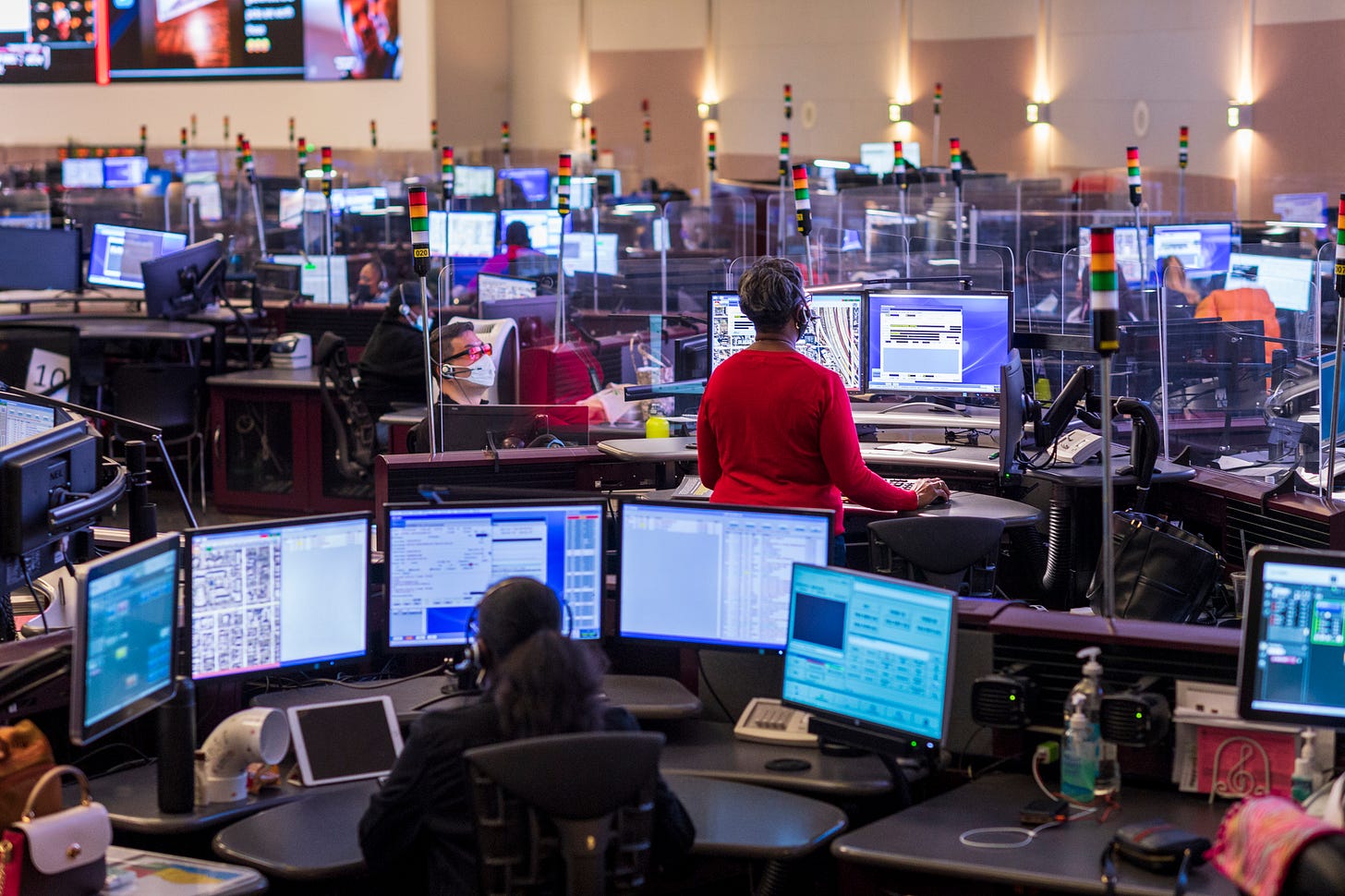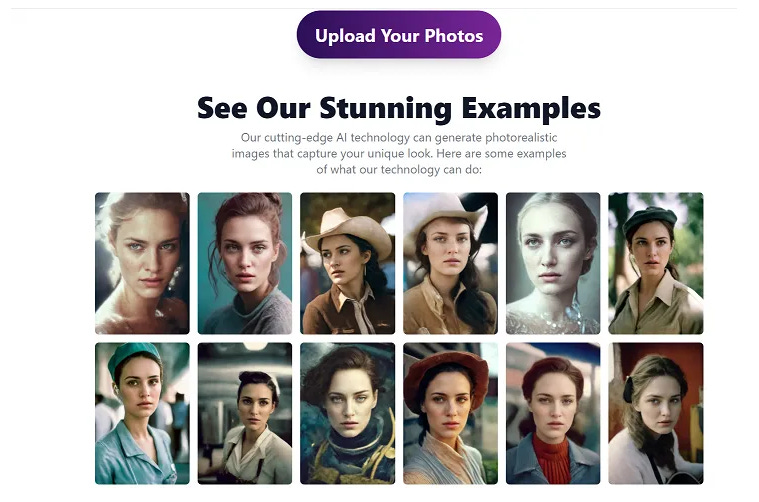The Rise of Thinking Machines: How AI is Transforming Emergency Services and the Entertainment Industry
As AI helps ease the burden on 911 call centers and creates viral pop stars, concerns remain about its potential biases. But experts say we must adapt as intelligent machines increasingly join and alt
The Rise of Artificially Intelligent First Responders
As 911 call centers across America struggle with staffing shortages, some are turning to artificial intelligence to help manage the flood of non-emergency calls. Systems like Amazon Connect are answering these routine calls about downed tree limbs or flooded roads, freeing up human dispatchers to focus on true emergencies.
While AI is not yet trusted to handle 911 calls directly, experts say its integration into emergency response could revolutionize public safety. But concerns remain about the technology's potential biases and limitations.
"For me, I think that the use of AI for non-emergency calls is a fantastic idea," said Ty Wooten, director of government affairs for the International Academies of Emergency Dispatch. "I see the huge benefit of being able to alleviate those calls out of the 911 center queue so that the 911 call takers can really focus on the ones that really matter."
Between 2019 and 2022, nearly 25% of 911 dispatcher jobs sat vacant, according to a recent report. Understaffing leaves calls unanswered and queues backed up. AI could help fill the gap, reducing workloads in a high-stress environment where burnout is common.
So far, fewer than 12 call centers in 7 states use or test AI systems. In South Carolina, Charleston County's emergency center uses Amazon Connect for non-emergency calls. The cloud-based system asks callers what they need help with and redirects them appropriately. If it can't understand a caller, it passes them to a human.
Since March, Amazon Connect has reduced the center's administrative call volume by 36%.
"Those are calls that our 911 public safety telecommunicators don’t want to take. They are not emergencies," said Jim Lake, the center's director. "We’re showing them that we’re making their jobs more efficient."
Several other centers, like those in Arlington County, Virginia and St. Louis, Missouri, have adopted similar automated systems. In Colorado, Jefferson County's emergency center has used AI to handle 40% of administrative calls since last December.
"For us to handle it through technology — freeing up personnel to handle more acuity-style calls — works much better for us,” said the center’s director, Jeff Streeter.
Experts emphasize AI aims to support, not replace, dispatchers.
"I cannot stress enough that it does not take away jobs, especially in the 911 industry. It’s there to help them enhance their job," said Jacob Saur, administrator for Arlington County Public Safety Communications.
But like all new justice technology, AI risks perpetuating biases. Daniela Gilbert of the Vera Institute of Justice warned automated systems could "remove human empathy" from crisis response.
Many old 911 networks still operate on 1930s infrastructure, struggling to pinpoint mobile callers or leverage new tech. Upgrading those systems may be more pressing than integrating AI, Wooten said. Without modern infrastructure, AI can't deliver benefits.
As AI creeps into emergency response, it's transforming entertainment too. "Virtual" K-pop groups like MAVE: showcase AI's potential — and pitfalls — in creative fields.
Rather than replace artists, most AI aims to assist them. Tools can help generate ideas or entire works, though backlash erupts when AI appears to substitute for human creativity.
HYBE, home to BTS, released a single sung by former ballad singer Lee Hyun but with his voice digitally altered to sound female. A startup let foreign voice actors dubbing “Squid Game” sound exactly like the original Korean actors.
Webtoon readers revolted when an artist allegedly used AI to hurriedly generate scenes. When objects were haphazardly placed and characters acted nonsensically, fans demanded a boycott.
In the U.S., authors have sued ChatGPT creator OpenAI for copyright infringement. They allege OpenAI illegally copied their work to train its AI. In Hollywood, many creatives fear being pushed out by AI.
K-pop group MAVE: debuted this January to skepticism, but now boasts hundreds of thousands of followers. Each virtual member has unique looks and personality crafted by developers. Fans engage with them much like real idols.
Metaverse Entertainment, MAVE:'s creator, plans to develop an AI chatbot for personalized fan interactions. But the company rejects the idea that AI artists will replace humans.
“There is a market that is specific to virtual idols, and, with it being a new market, our goal is to explore all possibilities," said Metaverse's Chu Ji-yeon.
Some repulsion toward new tech is natural, said AI professor Kim Joo-yeon of UNIST. Humans prefer creations quite similar but not too similar to themselves. AI like ChatGPT is crossing into that "uncanny valley."
Rather than fight inevitable change, we must guide AI ethically as it transforms society, said pop critic Cha Woo-jin.
"AI is here, and it’s developing whether we want it to or not,” Cha said. “The important thing is to find a way to cater to both producers and consumers and hop on board with the trend in a way that can minimize people’s resistance.”








